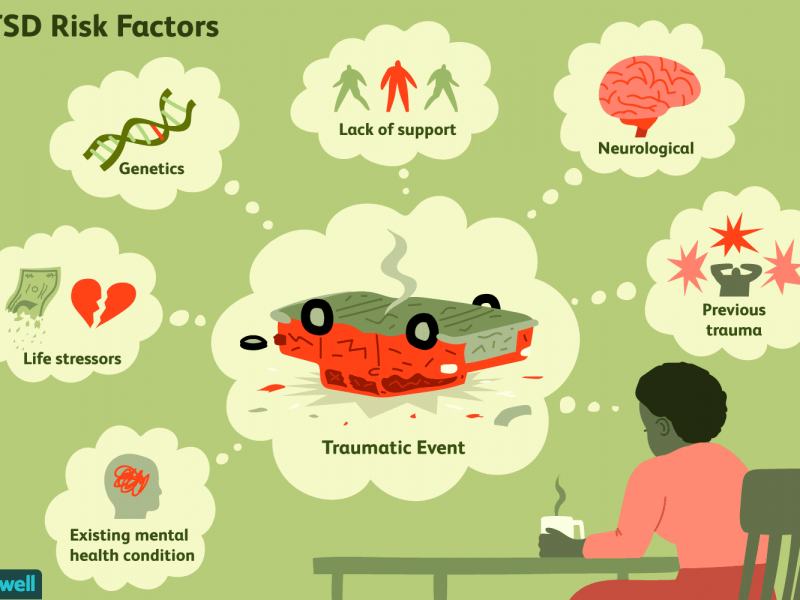Most people know what it feels like to be stressed or anxious about something. Whether that be a small scenario like taking an exam or having it be a larger scenario like the death of a loved one we have all had the same type of feeling. It is common for people to experience these kinds of stress and it is even more common for people to want it to go away and ignore it completely. This may be because you are afraid of failing at a specific task.
However, it has been tested that stress can actually help you when you are in danger. This was done using the forced swim test on rodent rats. According to a research study, the rats would be put in a container twice at different times and the container would be filled with water to prevent the rats from escaping [1]. The first swim test showed the rats trying to escape for a longer duration than the second time they were put in the water. Meaning that from what the rats learned from their previous encounter, escape was not an option and that conserving energy by being immobile, floating, in the container was the best option for survival [1]. This shows that the rats adapted and learned a behavioral immobility response from the previous experience with the water container.
This type of learned behavior can be viewed as a way of bringing up bad memories of a previous event that has some association with the present event you are in. Most people don’t know what goes on in your body when experiencing that type of stressful situation. The psychological stress you experience indirectly leads to the consolidation of memories thanks to the signaling pathways and epigenetics involved [1]. Specifically, the release of glutamate and corticosterone are caused by the stress, which leads to the binding of glucocorticoid receptors and ERK signals [1]. This leads to a form of epigenetics that causes histone acetylation, which means that the chromatin in your DNA becomes less compacted and increased amounts of gene transcription occur for the genes responsible for the consolidation of the event-associated memories [1]. This shows that learned behavior is not only caused by environmental factors but genetic factors as well when dealing with stress.
While stress can be viewed as a way of helping somebody get out of a dangerous situation, it has however been linked to some brain disorders, such as PTSD. Post-traumatic stress disorder develops after extremely stressful, frightening, or traumatic experiences such as abuse, serious accidents, conflict, and especially military services [2]. This can be linked to how stress factors lead to the genetic transcription of genes that function in consolidating related memories since PTSD is also involved in reminding the person of the traumatic event based off of a stimulus. This is also evident on the feature image as well showing that a traumatic event can be linked to multiple types of disorders.
This shows that once in a while it is considered to be okay to experience stress as it can pertain to helping you out of either a dangerous or uncomfortable situation. But too much stress can lead to mentally harmful disorders that can affect your life.
- https://doi.org/10.3389/fpsyt.2014.00005
- https://www.mentalhelp.net/stress/emotional-impact/
